Stranded at the Bosphorus
-
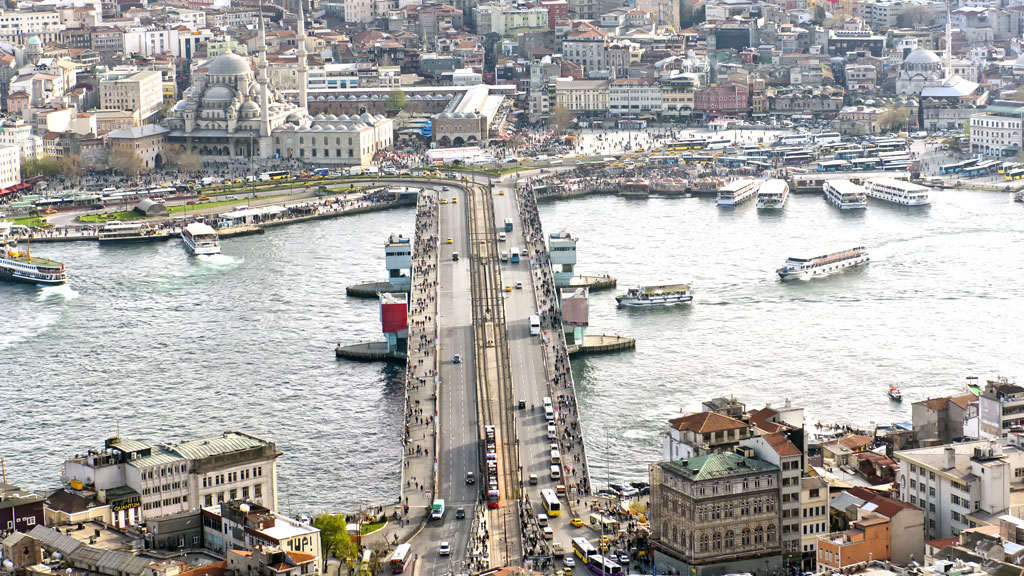
Istanbul and its "guests": almost 400,000 Syrian refugees live in the Turkish megalopolis in the meantime and it's estimated that there are just as many of them in Istanbul as in the whole of Europe. The refugees are considered to be "misafir", or guests - without rights to asylum or work -
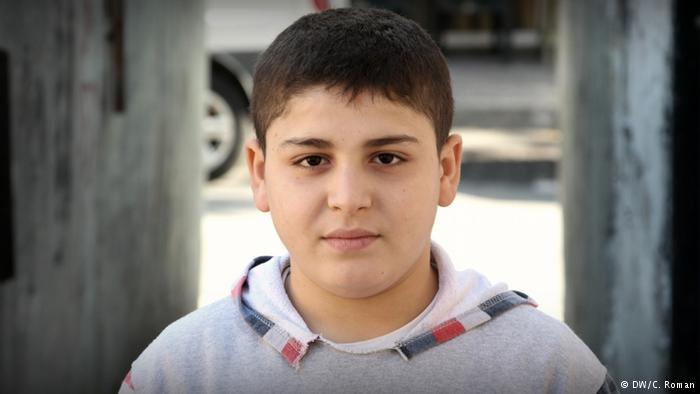
Ali, 13 years old: "the Syria I know doesn't exist anymore. Bashar al-Assad destroyed my country. Two years ago, my parents and I fled Aleppo. Turkish police shot at us as we crossed the border. We threw ourselves to the ground and waited until the smugglers came and took us to Istanbul" -
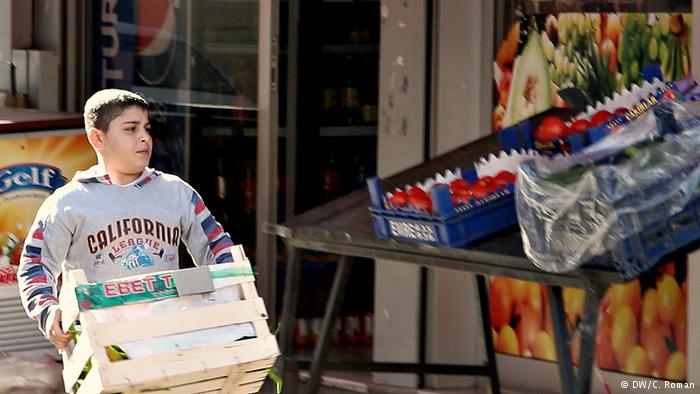
Slaving away for food: "I need to provide for my family, help my parents and my six siblings," said Ali. Instead of going to school, he works illegally at a small supermarket in the Fatih neighborhood of Istanbul. He works 14 hours a day and earns about 47 euros per week. "I miss my home. I want to play soccer with my friends like I used to" -
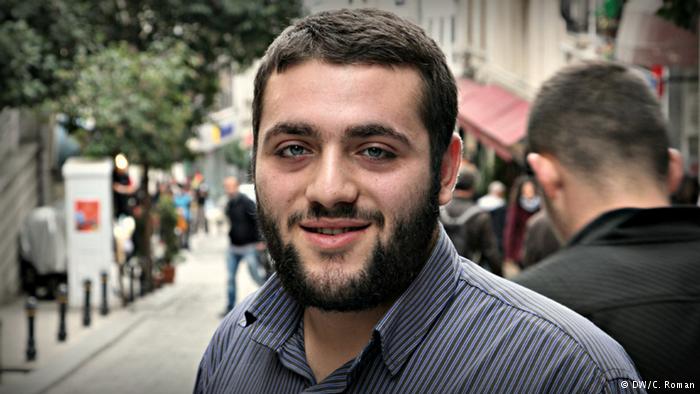
Ghiath, 22 years old: "I always wanted to study electrical engineering in Homs, my hometown. But I was forced to join the military and fight against my people. I then decided I had to flee. Sometimes I dream of going back home to a peaceful city just like it was before. I'm sure if I ever get to experience that again, it will only be once I'm old" -
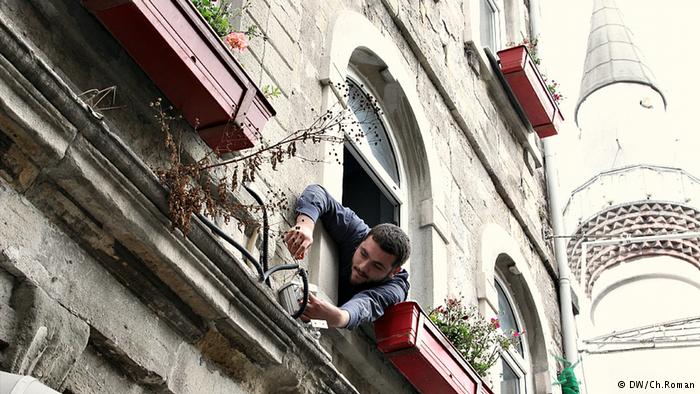
Close to Europe: Ghiath has several jobs, most of the time he works as a handyman at a hostel in the tourist-packed Galata neighbourhood. "Every day I meet Dutch, Germans, British and Spanish tourists. I'm very interested in their culture and I enjoy listening to their stories, but I don't think they truly understand my story. War and death are things that many only know through TV shows and movies" -
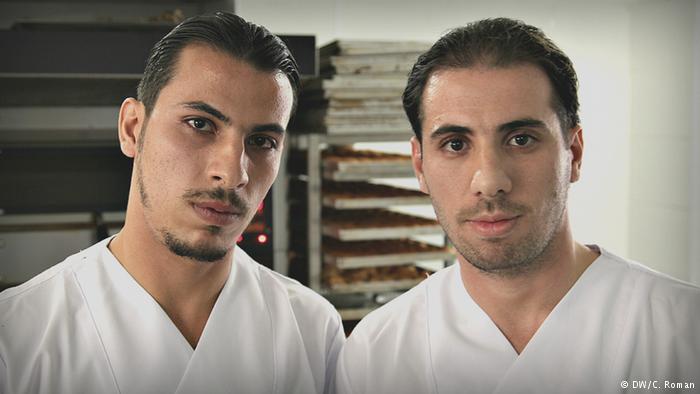
Ibrahim, 25 years old and Ghassan, 26 years old: "we don't see a future in Turkey since we don't have a legal status. They could kick us out of the country at any given time. The insecurity terrifies us," says Ghassan, who works at a small bakery along with his brother. "In Damascus, I used to be an accountant but I am nothing here. We have considered fleeing to Germany but if we ever try, we will only do it together" -
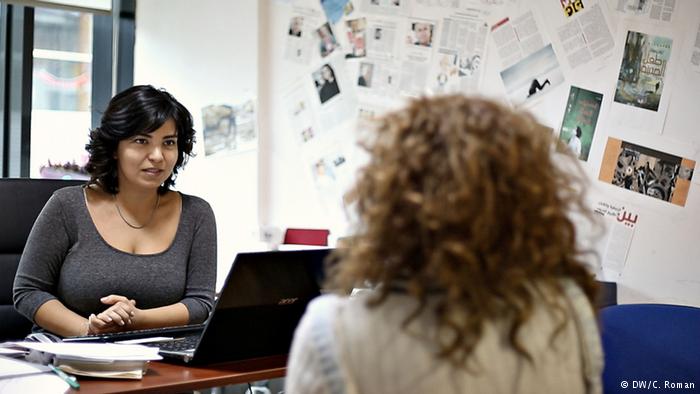
Alisar, 32 years old: "how will we best get to Europe, on a rubber boat or by land? These are the questions that concern the people in Syria," says Alisar. She started a radio station in Istanbul for those who still have not fled Idlib, Hama or Aleppo. The radio station also provides information for refugees all across Turkey -
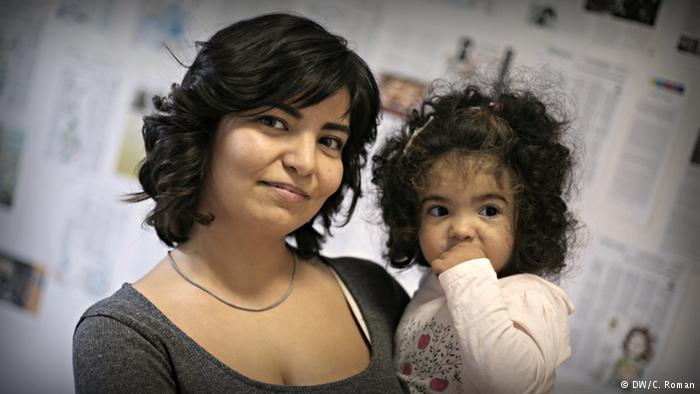
Born into statelessness: "my daughter was born here in Turkey but just like all of us, she only has a 'kimlik' - nothing more than a small piece of paper that acknowledges her existence. We cannot get Syrian papers for her. She is neither Syrian or Turkish before the law" -
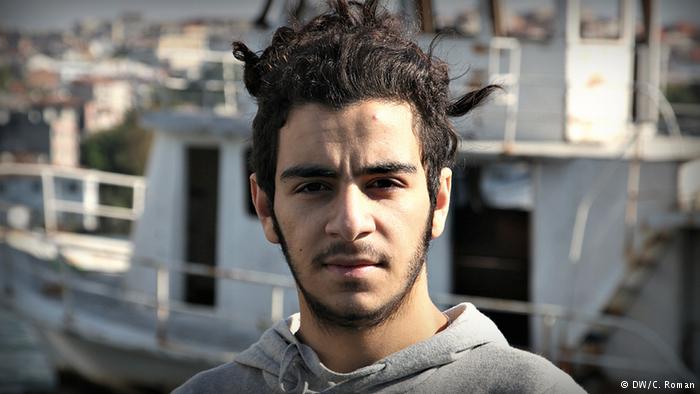
Muhammad, 19 years old: "I fled about two years ago by myself but my family is still in Damascus. I would like to work as a photographer, but as a Syrian here in Turkey people look at me strangely and nobody will hire me. I am learning Turkish because you can't do anything without the language. Maybe it'd be better if I ran off to Europe" -
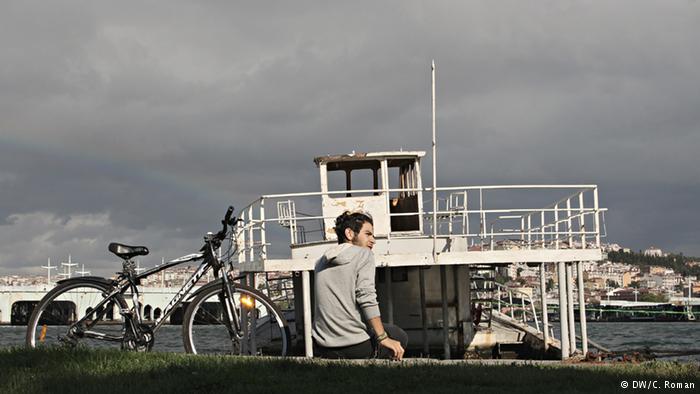
Europe, the promised land: three weeks ago, he was close to leaving by rubber boat. The smugglers wanted 1,200 dollars (1,100 euros) to take him to Greece. In order to afford it, Muhammad sold his most prized possession - his camera. In the end, he was too afraid and backed out. "It will work out next time, it has to," he says, even though Muhammad doesn't know how to swim
https://qantara.de./en/node/33428
Link
To all image galleries
